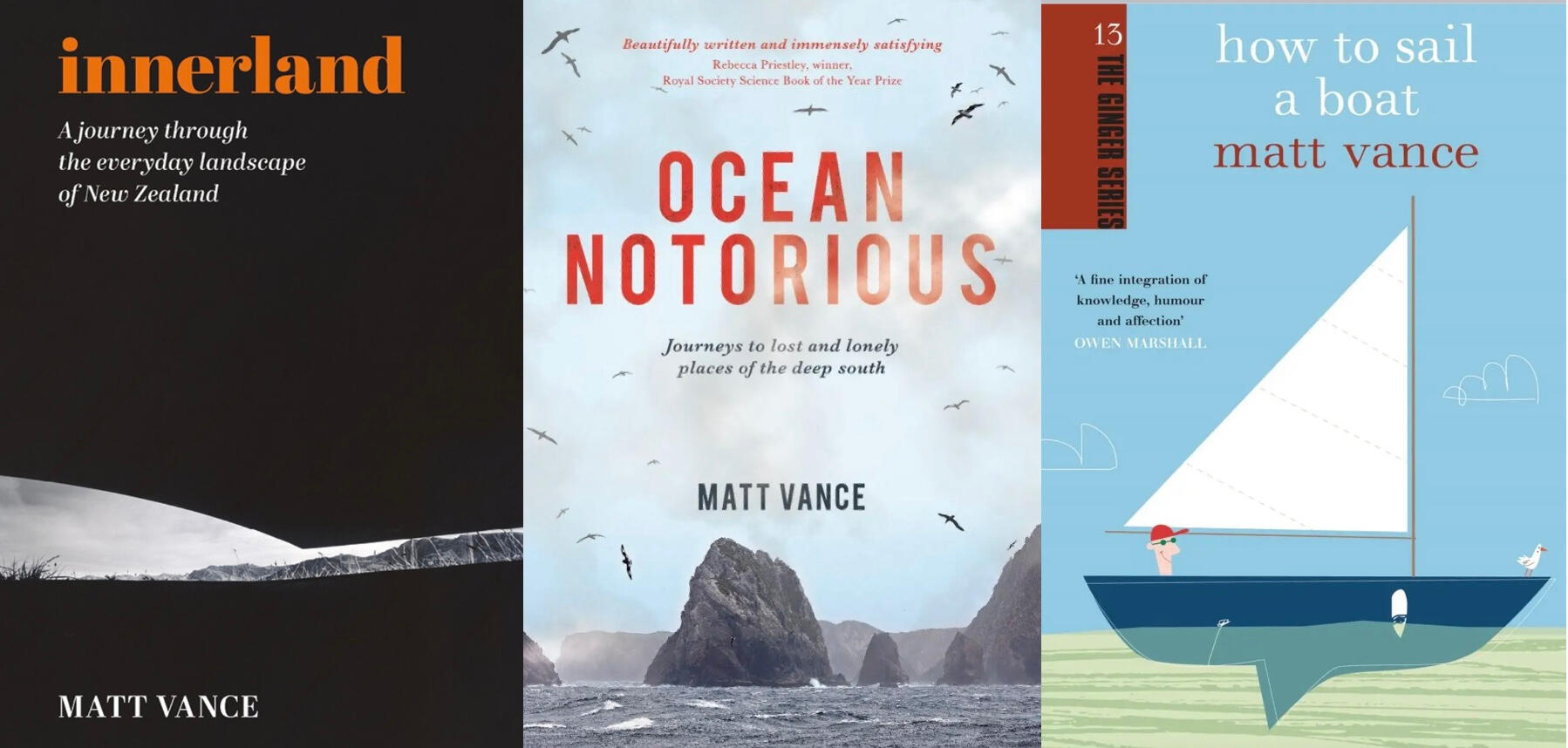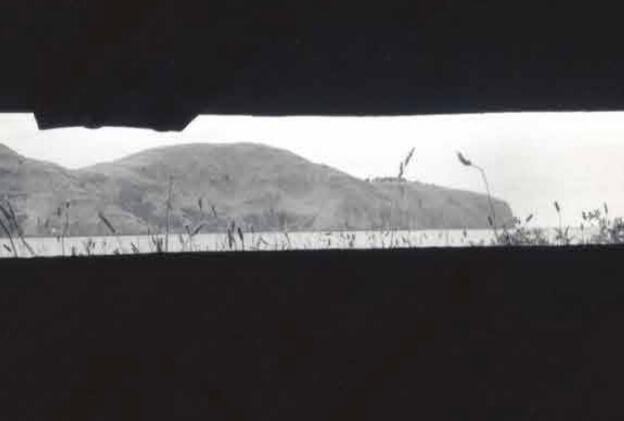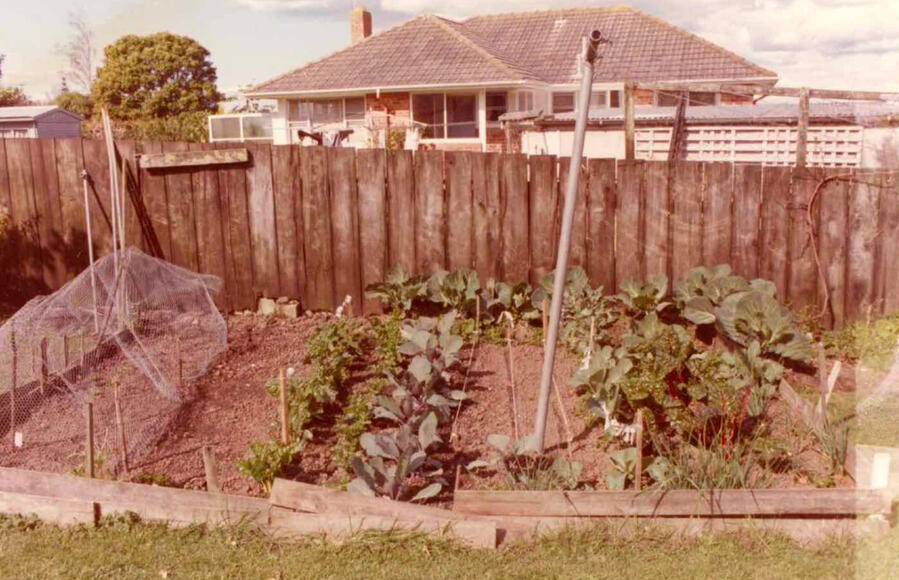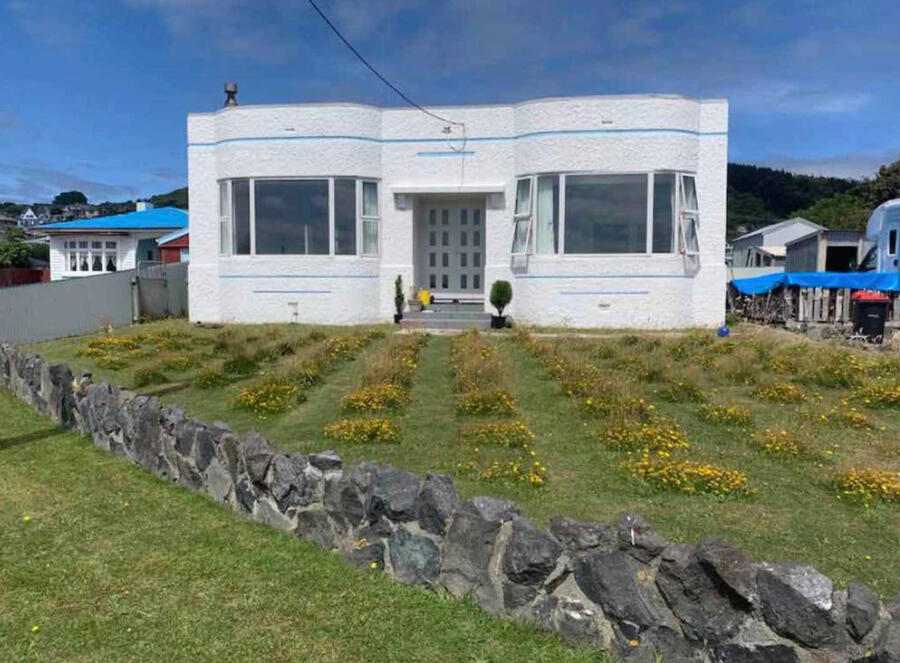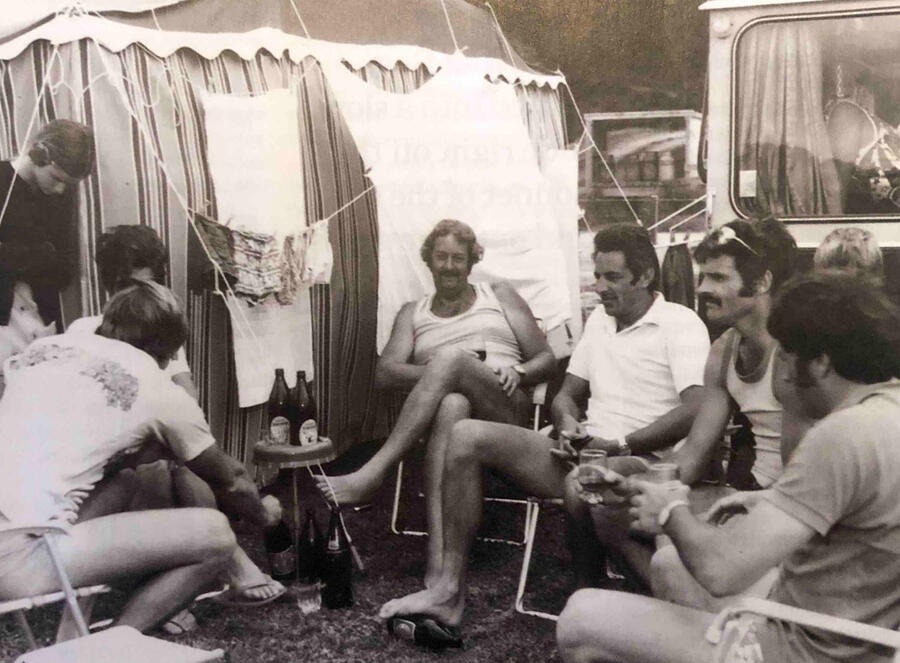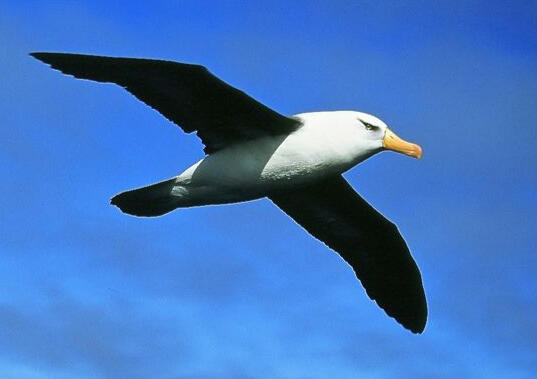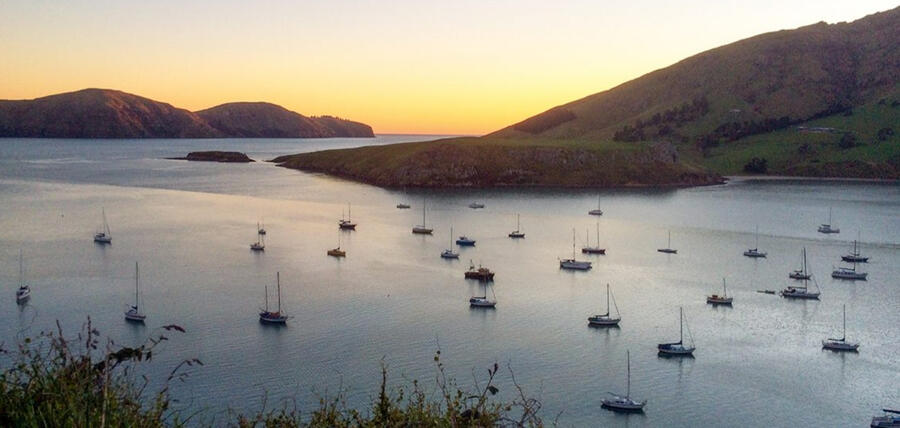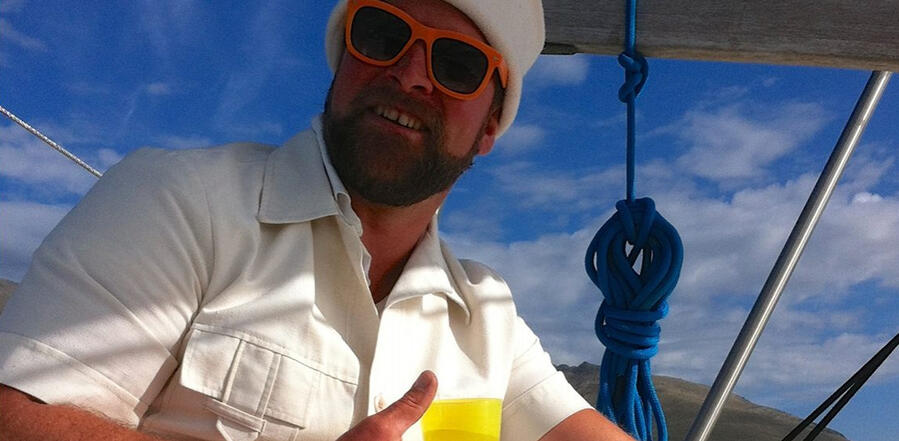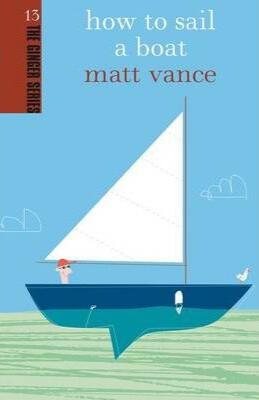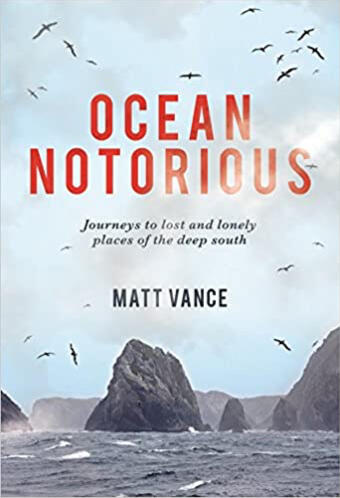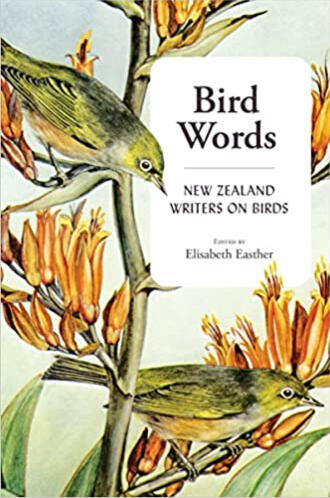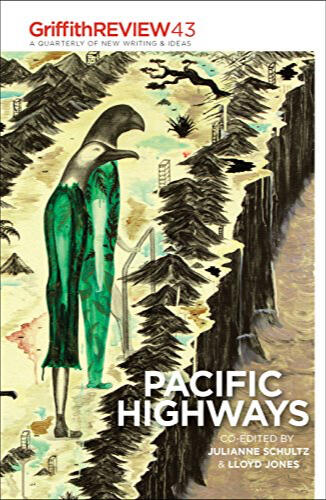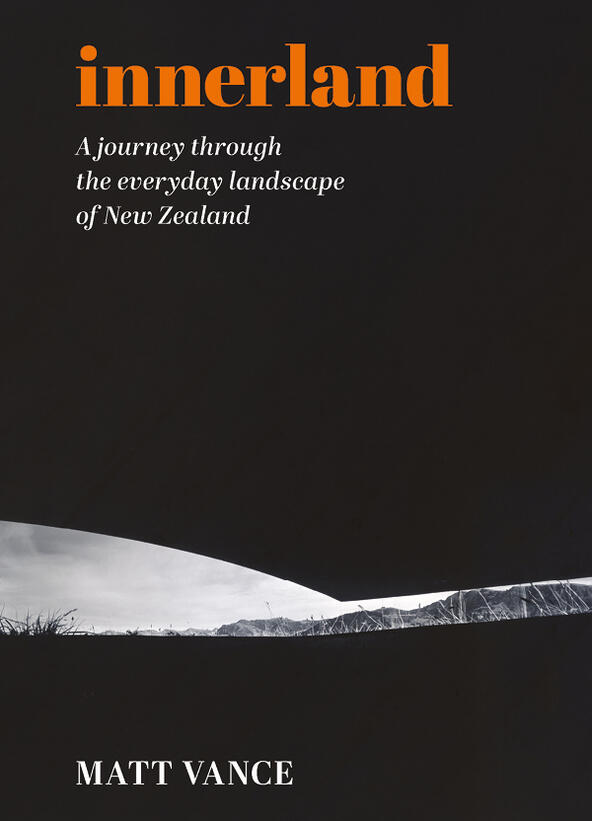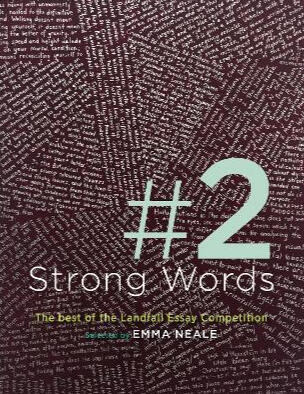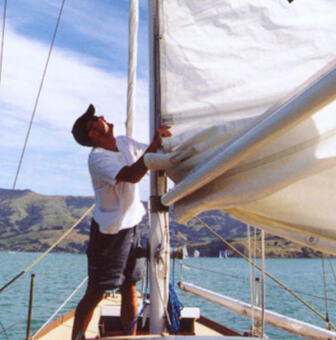
MATT VANCE
AUTHOR I SAILOR I SEA WATCHER
Matt Vance is a New Zealand-based writer specialising in quirky tales from the South Pacific, Southern Ocean and Antarctica. His stories and photographs have appeared in NZ Listener, North & South and 1964 Journal. Matt has travelled extensively throughout the Pacific and has an immodest enthusiasm for his family, a yacht named Whitney Rose and a motley collection of eccentric friends.
Stories
BOOKS
To sail a boat is a magical, and sometimes mystical, experience. The sailor is free from the cares of life on land, entirely absorbed in the enterprise of moving a craft across the water. For the uninitiated, though, this is madness. Whatever reason can there be for willingly putting yourself at the mercy of nature’s unpredictable forces, winds, waves and weather?In this captivating book, Matt Vance takes you inside the mind of the sailor, from the first scary moment of handling a boat solo to the exhilaration of sailing across oceans and discovering new worlds. His stories and those of his fellow madmen will captivate sailors young and old – and if you’re a landlubber you may just find yourself yearning for the blue horizon.
Venture to the deep south and you will experience a world like no other – forbidding subantarctic islands, astounding sea creatures, death-defying plants, the constant company of birds and, if you travel far enough, the towering ice cliffs and dead valleys of Antarctica.Few people visit this remote and mysterious region but for some the lure is irresistible. As an expedition guide, Matt Vance has accompanied intrepid tourists and birders, artists and writers. In Ocean Notorious he gives a moving first-person account of the lonely places where lives have been changed and history made – from the obsessive explorers of the heroic era to solo sailors in tiny yachts, marooned wartime coastwatchers and ruthless plunderers of wildlife to today’s dreamers, drifters and passionate preservationists.
A lively anthology of fiction, nonfiction and poetry, celebrating the birds of Aotearoa.On the skylinea hawklanguidly typinga hunting poemwith its wings.- Hone TuwhareNew Zealand birds have inspired mythology, song, whimsical stories, detailed observation, humour and poetry. There are tales of shooting and taxidermy as well as of admiration and love. From the kakapo, kokako and kaka to the sparrow, starling and seagull, both native and imported birds have been immortalised in print. This is a varied and stimulating selection from the flocks of New Zealand writers who have given our birds a voice. They have brought extinct birds back to life and even enabled the kiwi to take flight on the page.
Griffith REVIEW 43: Pacific Highways, co-edited by Julianne Schultz and acclaimed New Zealand author Lloyd Jones, examines the shifting tides in New Zealand through a heady mix of essay, memoir, fiction and poetry by some of New Zealand's most exciting and innovative writers. Pacific Highways explores New Zealand's position as a hub between the Pacific, Tasman and Southern oceans, and examines the exchange of people and culture, points of resistance and overlap.
Innerland combines essay and memoir, where Matt Vance takes us on a sharp-eyed and poignant journey through our everyday places, places that have been shaped in our minds by the unseen influences of words, images, and memories. It is a journey that takes us from park benches, malls, and mudflats to the modest suburbs of New Zealand. Eloquent and witty, Innerland reveals a fresh way of seeing and understanding the ordinary landscapes around us.
Strong Words #2 showcases the long-listed entries for the 2019 and 2020 Landfall essay competitions.
The contents, often poetic and psychologically insightful, gave editor Emma Neale a ‘hell of an intriguingly hard time’ deciding which sparkling explorations would knock off the others for the top three places in each year. This anthology gives readers a chance to sample the high-quality work entered, without the agony of having to choose the winners.
